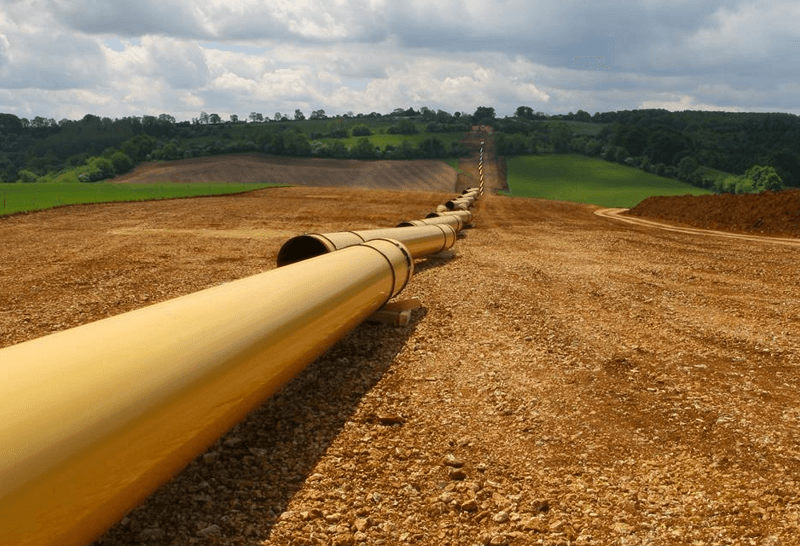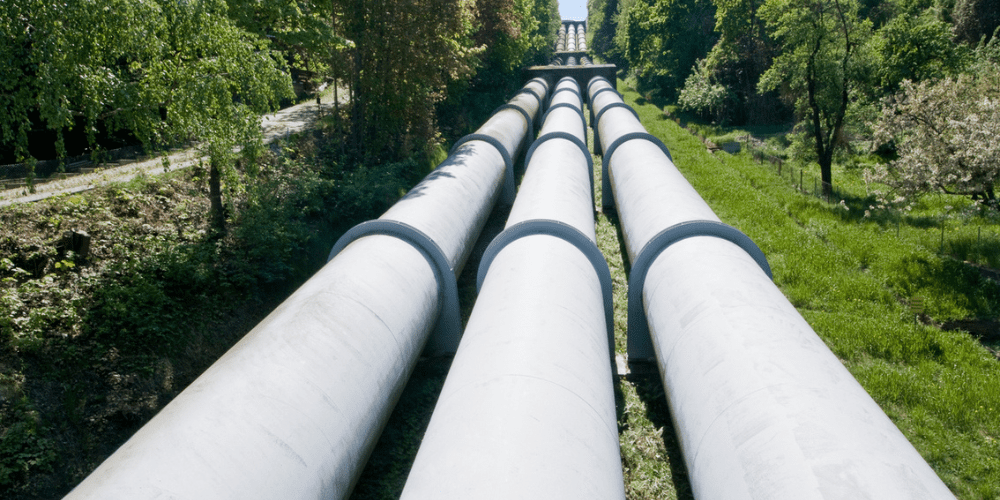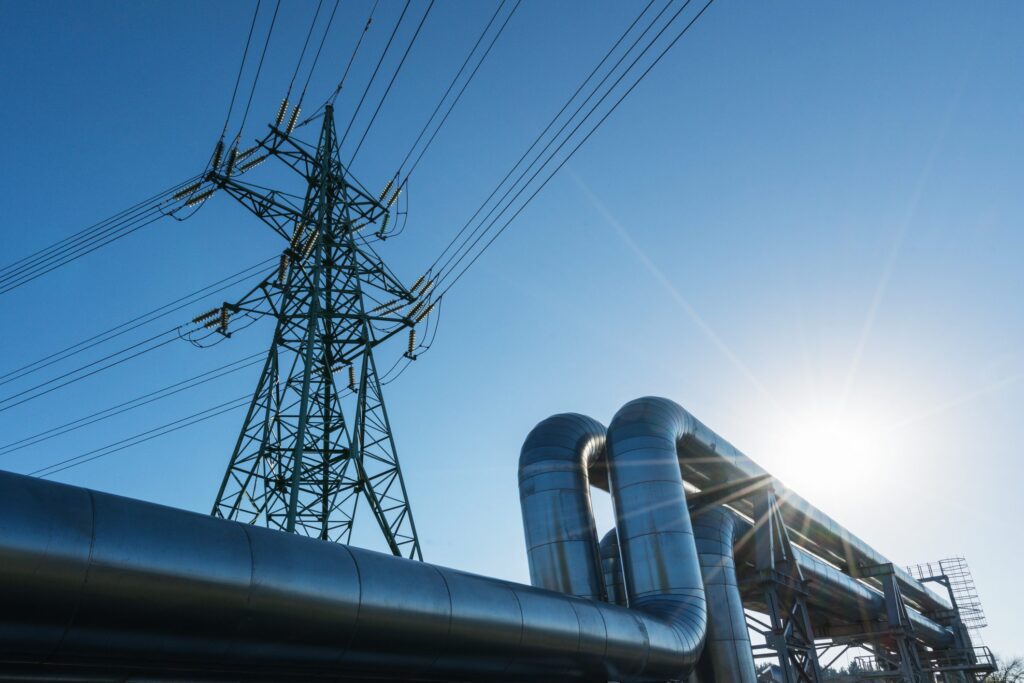SHEA Cross Country Pipelines
Below you can view the currently scheduled available dates for this training:
At Jason Rowley Ltd, we deliver a comprehensive Pipeline Construction Training Course designed for professionals working in pipeline engineering, construction, and operations. The course provides a detailed understanding of onshore and offshore pipelines, from design through to installation, inspection, and maintenance.
Participants learn the core principles of pipeline systems, including design, construction, pipeline integrity, and asset management, ensuring competence in both safety and regulatory compliance. Whether you work in the gas industry, oil and gas, or utility sector, this course supports your professional development and helps you meet recognised industry standards.

The course is typically delivered over three days, combining guided classroom sessions with interactive case studies and practical exercises. It can be delivered in-person at our Manchester training centre, on-site for company teams, or through a live virtual classroom.
Upon completion, participants demonstrate the technical understanding and applied knowledge required to contribute effectively to pipeline construction and engineering operations. Online course via a virtual classroom with a trainer to support and guide you. This course is delivered on request, so please contact us to arrange a suitable date. It can also be classroom-based, as requested; please contact us to discuss this.
Registration is valid for three years from the date of the course.
Prices include EUSR registration and CSC-affiliated card. A VAT receipt can be sent on request:


The Pipeline Construction Training Course covers the full lifecycle of pipeline engineering, from design and routing through to construction, testing, operation, and maintenance. The programme builds an in-depth understanding of how pipeline systems are designed and managed to maintain operational integrity and environmental compliance.
Delivered by experienced trainers and industry consultants, this course is suitable for pipeline engineers, technical staff, project managers, and new entrants to the pipeline sector seeking to build technical competence in pipeline design and construction. You will gain insight into the engineering principles, safety practices, and maintenance strategies used across onshore and offshore pipelines, enabling you to make informed decisions and mitigate risks during pipeline projects.
The SHEA CCP scheme comprises modules covering:
Our pipeline construction training course combines classroom theory with practical, scenario-based learning to build competence and confidence in key areas of pipeline design, construction, and operation.
Modules | Course Content | |
1 | Understanding our workplace responsibilities | Underpinning legal frameworks, definitions, and their application in the workplace setting, including the responsibilities for both the individual (as an employee) and the employer. |
2 | Understanding the effects of our work on the environment | Key environmental considerations in the workplace, and their impact as employees, on the sustainability of their environment. |
3 | Identifying and controlling risks | Helps the individual to identify and control risks and hazards and understand their role in preventing them through a range of positive and proactive health and safety behaviours. |
4 | Common hazards and controls in the workplace | Develops the ability to both identify a range of common physical hazards and minimise their impact in the workplace, in line with CSCS requirements. |
5 | Occupational health hazards | Explains the meaning of the term ‘occupational health’ and develop the individual’s understanding of a range of occupational health hazards and their requirements. It helps individuals identify, mitigate for and minimise occupational health hazards in the workplace. |
6 | Responding to emergencies | Develops individuals’ understanding of emergency response behaviours, the role of reporting, inspection, and enforcement of health & safety in the workplace. It also develops an individual’s understanding of the impact on employee and employer of both poor/improving health and safety in the workplace. |
12 | Drains and Sewers | Understanding of the requirements for safe working in drains and sewers. It focuses on the known risks when working with drains and sewers, of confined space working and its associated risks, the requirements for using different cleaning methods, and transferring and disposing of waste correctly. |
13 | Highway working and excavations (Drains & Sewers) | Understanding of the processes and procedures required to work in the highway; this includes both public and private environments and creating a safe working environment through the application of safe systems of work in order to avoid other utility services. The individual will understand what to do in the case of an emergency. |
Advance your career and strengthen your technical expertise with the Pipeline Construction Training Course from Jason Rowley Ltd. Whether you’re working on onshore pipelines, offshore pipelines, or gas infrastructure projects, our training will help you achieve compliance, competence, and confidence in every phase of construction.
Explore our full range of SHEA training courses on offer, including SHEA Core and SHEA Drains and Sewers. Plus, get in touch for more information and advice on our SHEA training.
This course is ideal for:
The programme is also valuable for those involved in asset management, pipeline inspection, or pipeline maintenance, helping you develop a consistent understanding of regulatory requirements and industry best practice.
At the core of the SHEA CCP scheme are nine carefully developed modules, including the cross country environment module, the workplace responsibilities module, and the occupational health hazards module. These modules provide comprehensive coverage of essential topics, ensuring that all persons involved in cross country pipeline projects are adequately prepared. Participants will explore key environmental considerations, environmental law, and strategies for creating a comprehensive traffic management plan. The training fosters proactive health and safety behaviours while also emphasising the importance of environmental awareness and protection on cross country sites.
By completing this pipeline construction training course, participants will:
Working in the cross country environment requires a thorough understanding of the potential risks and safety guidelines. The SHEA Cross Country Pipelines Training not only aligns with Safety Executive Guidelines but also promotes proactive safety and emergency response behaviours. It highlights the importance of environmental awareness, addressing factors such as operational site safety and environmental protection measures. By providing a detailed overview of the SHEA CCP scheme, the training ensures that workers have the knowledge to safeguard their workplace setting and meet their responsibilities effectively.
As an industry-leading SHEA training provider, we ensure that professionals working on cross-country pipelines receive high-quality training aligned with the latest safety executive guidelines.
A SHEA EUSR registration gives confidence there is the required knowledge and understanding to work safely in an operational environment. The training embeds best practice in health and safety and environmental awareness and supports the HSE’s essential principles for good health and safety performance.
The one-day courses are designed for all individuals requiring access to operational sites, including supervisors and managers. All SHEA schemes were developed in collaboration with employers and key stakeholders from across the industries in our sector, so the content is relevant – all helping to improve the safety of the workforce and reduce costs associated with injury, illness or accidents.
There are no formal entry requirements, but all candidates must have a basic understanding of written and spoken English.
You will need a stable internet connection, a laptop or desktop computer. A tablet that is 10” or greater may be used. Mobile phones cannot be used under any circumstances. You should be in a room on your own but if this is not possible headphones must be used.
You will be sent an answer sheet that you must print out. It is a multiple-choice tick box style sheet and once completed you will take a photo and submit to the trainer.
In compliance with the Energy & Utility Skills Register, SHEA EUSR registration provides evidence for an engineer that they are knowledgeable and understand work safety in an operational environment. A EUSR registration card qualifies an operations worker to access and work in a site related to the gas, power, and telecommunications sectors.
SHEA Gas lasts for five years and all other registrations last for three years, from the date of the course.
One working day.
The cost of training includes EUSR registration, a virtual card as well as a plastic smart card.
All EUSR SHEA cards carry the CSCS logo giving the individual access to operational sites.
EUSR SHEA courses are normally delivered online via a virtual classroom with a trainer to help and guide you through the course. The course can be delivered in a classroom subject to minimum numbers and if this is your preference, please get in touch to arrange a suitable date.
Multiple choice questions normally taken after each module.
Please feel free to get in touch if you can’t find the answer to your question.